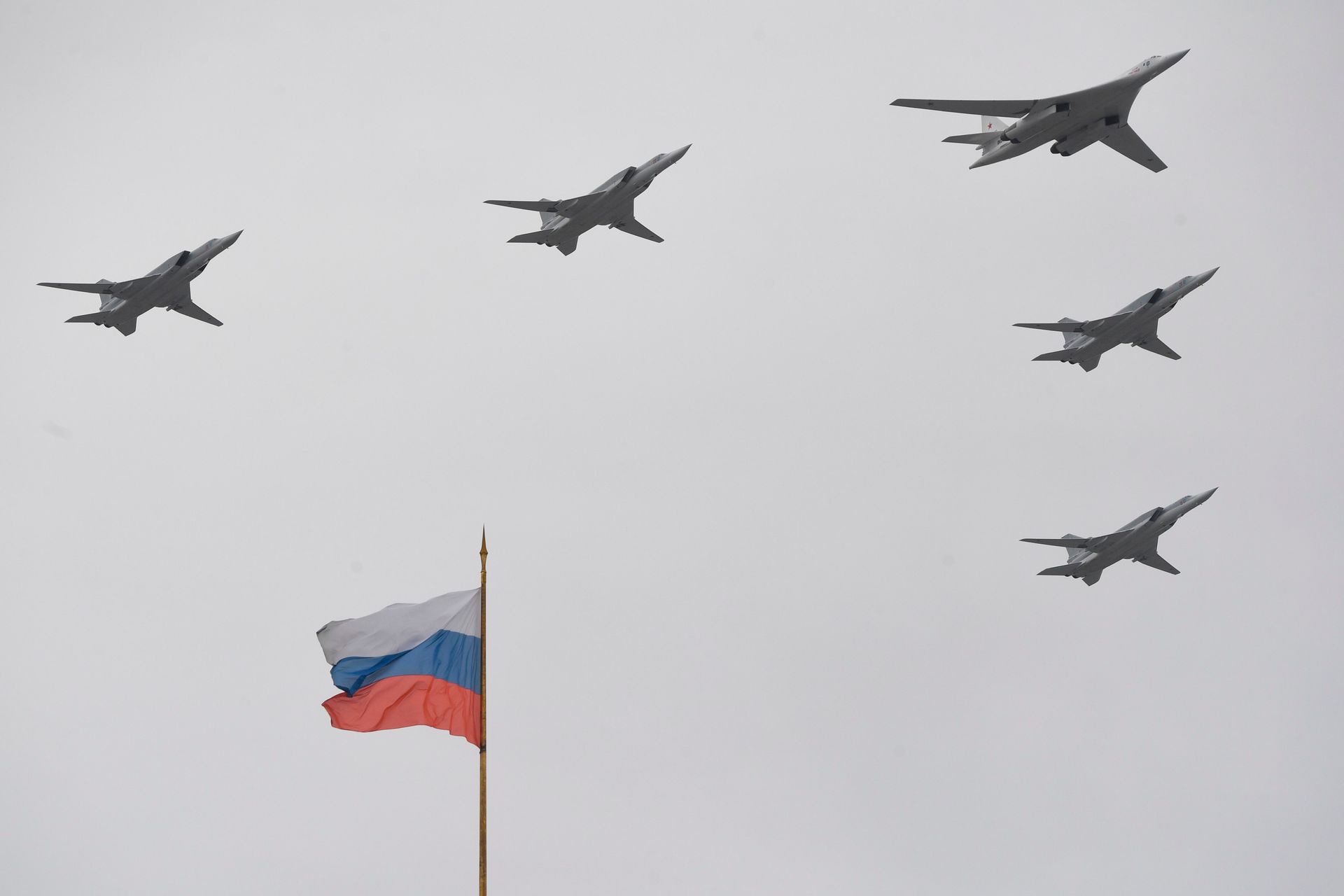US scrambles jets after Russian warplanes enter international airspace near Alaska

The North American Aerospace Defense Command (NORAD) scrambled fighter jets on Sept. 24 to identify Russian aircraft that entered the Alaskan Air Defense Identification Zone (ADIZ), according to a statement.
The news follows a series of recent Russian airspace violations involving drones and fighter jets breaching the borders of multiple NATO member states.
NORAD, a joint body guarding the airspace over the U.S. and Canada, dispatched an E-3, four F-16s, and four KC-135 tankers to track two Russian Tu-95 bombers and two Su-35 fighter jets.
The Russian aircraft remained in international airspace and did not enter the sovereign airspace of the U.S. or Canada, according to the statement.
NORAD emphasized that such encounters are routine and are not viewed as a "threat." The ADIZ is a section of international airspace where countries require aircraft to provide identification to monitor and protect national security.
Russian aircraft frequently enter the ADIZ, with another similar incident reported on Aug. 27, when the U.S. scrambled fighter jets in preparation for a potential interception.
In late August, NORAD reported that it had detected and tracked a Russian military reconnaissance aircraft inside the ADIZ — the fourth such incident in just a few days, following three earlier interceptions of similar spy planes in the region.
These events underscore the enduring geopolitical friction in the Arctic, a region of growing strategic interest for both Russia and NATO.
In early September, Poland shot down several Russian drones that had entered its airspace, marking the first time NATO forces have downed a Russian drone since the start of the full-scale invasion of Ukraine.
Russian fighter jets subsequently entered Estonian airspace, and Denmark intercepted unidentified drones near an airport for the second time in a week.
Speaking alongside President Volodymyr Zelensky at the U.N. General Assembly on Sept. 23, U.S. President Donald Trump urged NATO countries to shoot down Russian drones that violate their airspace.
The recommendation received support from some officials in Poland and Estonia, who welcomed a firmer stance against the incursions.











